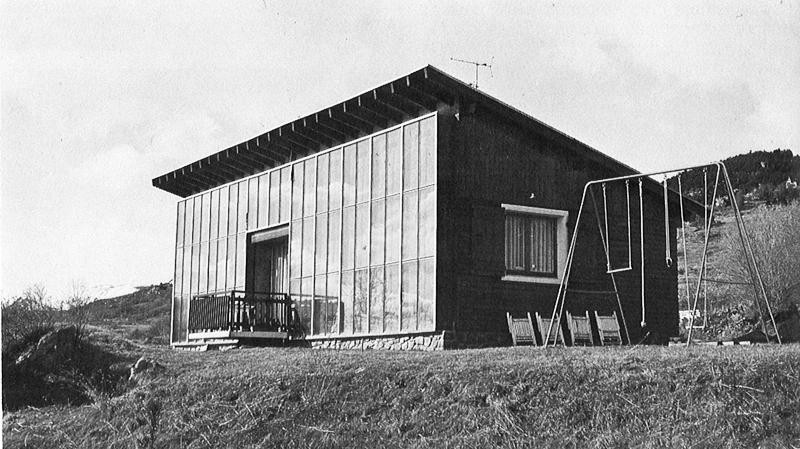Paul Bouet
Harnessing solar energy
Architecture, decolonization, and environmentalism in postwar France, 1945–1986
This thesis traces the history of an attempt to use solar radiation to reduce architecture's dependence on fossil fuels. From the resource tensions caused by World War II to the nuclear turning point of the 1980s, what its contemporaries sometimes called “solar architecture” gave rise to the invention of technical devices, the construction of experimental buildings, and the formulation of theories. This thesis analyzes how these works sought to redefine the relationship between architecture, energy, and the environment in postwar France, while examining exchanges with North and West Africa and North America. It develops an approach that lies at the intersection of architectural history, technical history, and environmental history, and is structured in two parts divided by the turning point of 1973.
First, we show how solar architecture emerged as a tool for colonization and development policies, providing direct energy to human settlements far from modern infrastructure in the Sahara and Sahel, while adapting to the desert climate. Figures who played a central role in this emergence, such as scientist Félix Trombe and architects Georges and Jeanne-Marie Alexandroff, went on to pursue their careers in metropolitan France. We then analyze how solar research shifted and expanded to become the main attempt to integrate environmental concerns into architecture in the context of the oil crisis of the 1970s. Controversy over technological choices and the search for aesthetic traditions animated this discussion, before solar energy research experienced a sharp decline in the mid-1980s.
Finally, we consider the legacy of solar architecture by placing it in a broader context. This episode leads us to question the colonial origins of attempts to adapt to climate through architecture, their concealment and their recognition. Solar architecture is also characterized as an alternative, a trajectory that was ultimately marginalized in the “great acceleration” of human impact on the environment, whose rediscovery aims to question our present.
Paul Bouet
PhD framework
◖ Dissertation supervisor
Sébastien Marot
(HDR) OCS laboratory, Ensa Paris-Est
◖ PhD framework
2016-2022
Thesis under doctoral contract from the French Ministry of Culture from 2016 to 2018.
Research grant from the Canadian Centre for Architecture (2019).
◖ Research environment
OCS Laboratory
AUSser joint research unit, Gustave Eiffel University
Illustration →
CNRS experimental solar house, Odeillo, 1966-1967
